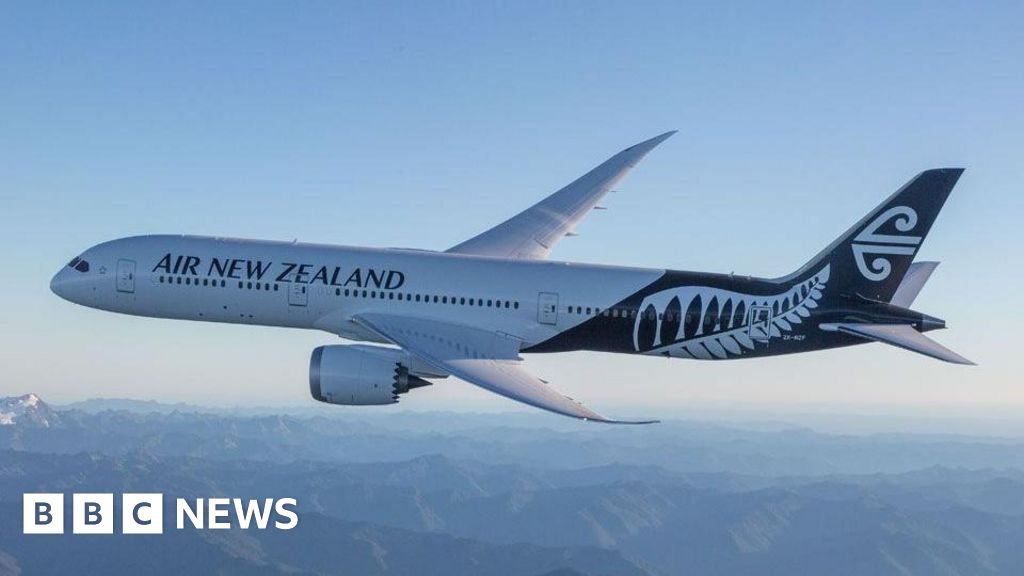- cross-posted to:
- climate@slrpnk.net
- cross-posted to:
- climate@slrpnk.net
Air New Zealand has abandoned a 2030 goal to cut its carbon emissions, blaming difficulties securing more efficient planes and sustainable jet fuel.
The move makes it the first major carrier to back away from such a climate target.
The airline added it is working on a new short-term target and it remains committed to an industry-wide goal of achieving net zero emissions by 2050.
The aviation industry is estimated to produce around 2% of global carbon dioxide emissions, which airlines have been trying to reduce with measures including replacing older aircraft and using fuel from renewable sources.



I could give a long description about the process to make the sugar needed to make cola, and then describe whiskey as essentially just water and alcohol, and some flavors. Then there is that other kind of alcohol, methanol, for cleaning windows etc, usually sold in percentages over 80%. How much does that cost per liter? I stand my ground that spirits could be sold for about the same price as soda, if it would not be taxed with special exise, duty, tax, or whatever the special “alcohol tax” is called in your country. Which is exactly the reason that in practically every country alcoholic drinks are made artificially more expensive.
So it’s actually a lot more involved to make spirits when you don’t want to go blind over it, especially if you want it to taste good as well.
US taxes spirits at $13.50 per proof gallon at most (like income taxes, there are different margins). That means a gallon of 100 proof (50% alcohol by volume) alcohol spirits has a tax rate of $13.50. A 750ml bottle is .198 gallons, and .198*$13.50 is $2.67.
So… You sure about that?